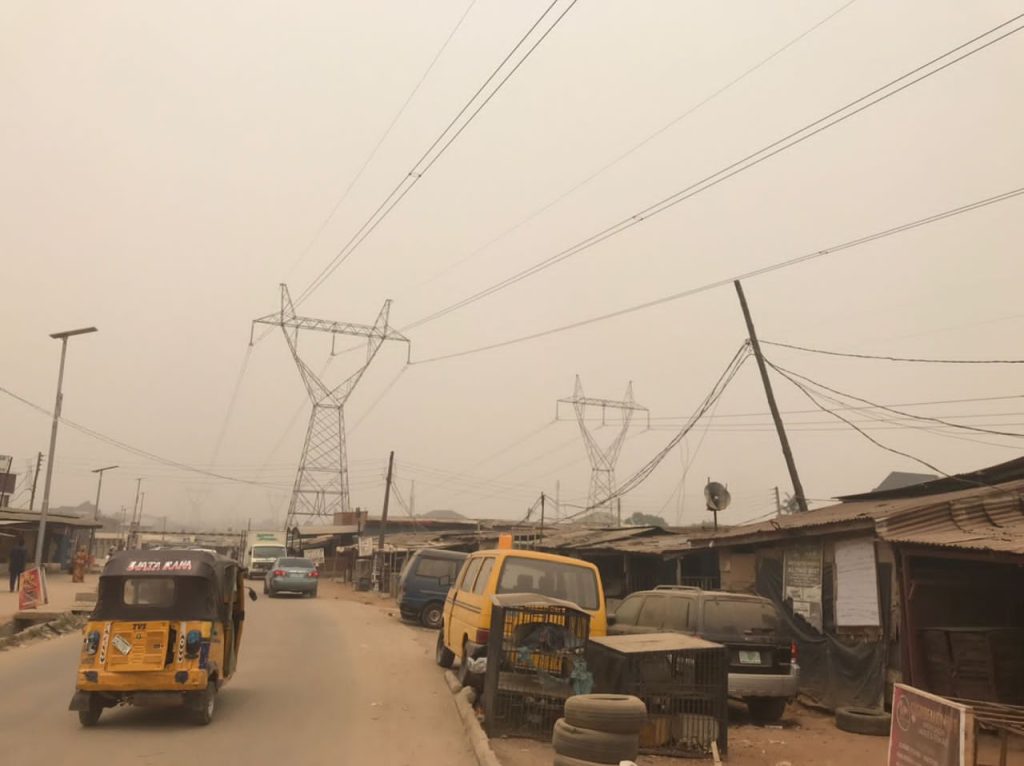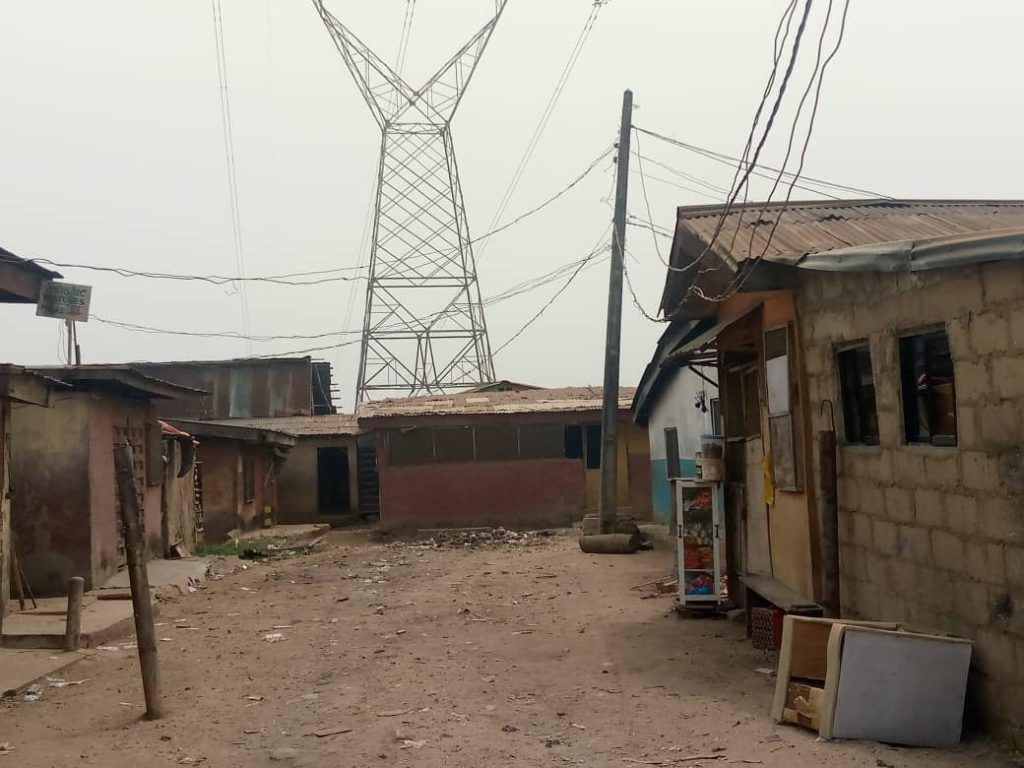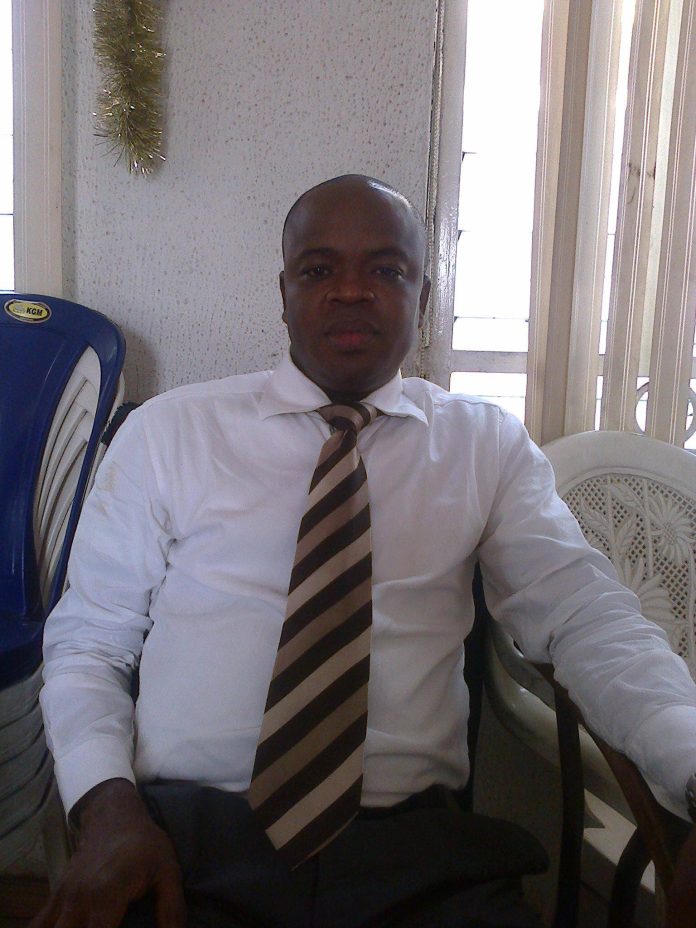By Henry Okonkwo
Mr Augustine Ikpade, 43 is a living example of American author, Jane Yolen’s quote that ‘Time may heal all wounds, but does not erase the scars’. This is so because, for over four years, Mr Ikpade has remained yoked in the shock and trauma he felt after he miraculously escaped being electrocuted to death inside his house in Lagos State.
According to Ikpade, an indigene of Onicha-Olona in Aniocha-North Local Government Area in Delta State, the incident which happened on the 16th of April, 2019 started when a sudden spark on the high-tension cable caused a wire to fall on the roof of his house at Jakande Estate in Isolo axis of Lagos State. And in a few minutes, the high-voltage electric sparks from the wire ignited the corrugated zinc. The seething fire crept from the zinc, into the ceiling, then to the doors, down into Ikpade’s sitting room, raging, crackling and burning all properties. It was sheer providence that Ikpade and his wife were not electrocuted or burnt to death in the inferno.
Ikpade said he was transfixed at the sight of destruction that happened in just a few minutes the spark occurred on the roof of his house. “This happened, barely ten minutes after I and my wife left the house for our place of work that Tuesday morning. I was heading to my office at Apapa when my neighbours called me shouting that my house was on fire. I thought it was a joke, I was confused and shocked. so, I rushed back and saw the level of destruction. The fire destroyed all my property – all the furniture, electrical appliances, rug, pictures, everything was burnt to ashes.
“Eyewitnesses told me that the fire was noticed by the students of the school located opposite my house. The students saw the sparking electric wire drop on my house and burst into flames and they then raised an alarm to call the attention of the residents. Before I returned, my neighbours had put off the fire, but everything had been burnt. You can imagine what would have happened if I and my wife were at home, we would have been electrocuted and roasted in the fire,” he added.
Ikpade said the situation was immediately reported to officials of Ikeja Electric Distribution Company (IKEDC), and two days after they came for an assessment of the damages. “I was invited to their office for a meeting. And to my surprise, they told me I would not be compensated because most of the houses in the Estate were built on the right of way of their installation. But my superior argument was that many of the houses were built before electric poles were mounted. They knew I was telling the truth so they resorted to compensate me for the destruction of my property.
“I choose not to explore the legal option against the authorities because my family and friends advised me against it, and also I don’t even have much confidence in our judiciary. So, I weighed the options and accepted the compensation I was offered. And after that, I immediately relocated to another place with my wife. Till today I get very scared whenever I walk near high tension”, he said.
Ikpade’s story is a testament to the hazards that come with living under high-voltage installations. However, in Nigeria, clusters of people live under these dangerous high-voltage electric cables across different areas in Lagos and the Federal Capital Territory (FCT), even when the Nigerian Electricity Regulatory Commission (NERC) continually stipulates a reasonable distance to be maintained before structures are erected close to transmission lines.
According to the Nigerian Electricity Management Services Agency (NEMSA), at least 453 persons were killed in power accidents between 2015 and October 2018. Also, beyond electrocution, World Health Organisation (WHO) research has shown that electric and magnetic fields (EMF) that exist wherever electric current flows in power lines and cables produce adverse health consequences.
But, despite these associated risks, Nigerians have continued to conduct businesses and live under or close to power lines in violation of the NERC regulation on the right of way (RoW).
RoW is the distance from the middle conductors of overhead power lines to other parts of the transmission tower or poles.
However, for Ikpade it’s a big lesson for him which he shares with anyone that cares to listen to his story.
“I still feel scared when I see people living under high-tension cable being carefree and nonchalant at the dangers they expose themselves to. And when I share my experience and how I escaped electrocution and death with them, they only gaze at me in shock but remain adamant about moving out. Many tell me what happened to me was a spiritual attack, and they can’t share the same fate with me. They have simply refused to learn from my escape. Many have continued to occupy these deadly areas even with all the possible dangers and I feel sorry for them,” Ikpade remarked.
























